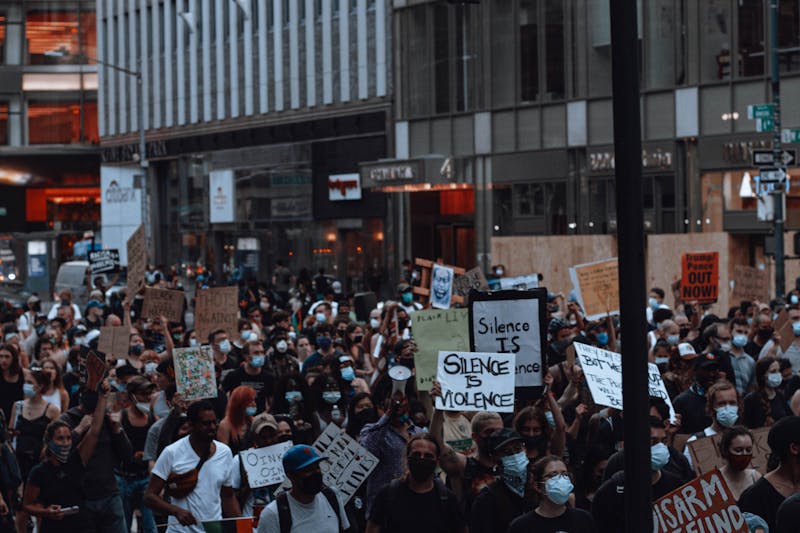What Is the Tom Bane Civil Rights Act and How Does It Protect Your Rights?

The Tom Bane Civil Rights Act (Bane Act) was enacted in 1988 to combat the rise of hate crimes. The Bane Act provides protection against interference by threats of violence, coercion, or intimidation aimed at preventing any person from exercising their state or federal statutory or constitutional rights. In essence, it prevents individuals or organizations from interfering with another person or group’s civil rights.
Does the Bane Act Only Protect Certain Groups?
Although the Bane Act was initially passed to stop hate crimes against protected individuals, anyone can bring a Bane action in court. A person does not need to be a member of a protected class to be protected against civil rights interference by threats of violence.
Private Right of Action Under the Bane Act
The Bane Act allows for a private right of action for damages against any individual, business, or government entity that attempts to interfere with these rights. However, mere speech is not sufficient for a Bane Act violation; the speech must be accompanied by a threat of violence, and the person or group targeted must reasonably fear imminent harm.
What Remedies Are Available Under the Bane Act?
A successful Bane Act claim can result in:
- Compensatory damages (up to 3 times actual damages or at least $4,000).
- Punitive damages.
- Injunctive relief.
- A civil penalty of $25,000 per individual whose rights were violated.
- Attorney’s fees.
Protected Rights Under the Bane Act
Protected rights include, but are not limited to, the right to:
- Free speech.
- Vote.
- File a civil rights complaint.
- Remain free from unreasonable search and seizure.
- Free association.
- A fair trial.
At TONG LAW, our experienced employment law attorneys are here to help you navigate the litigation process while advocating for your civil rights.



